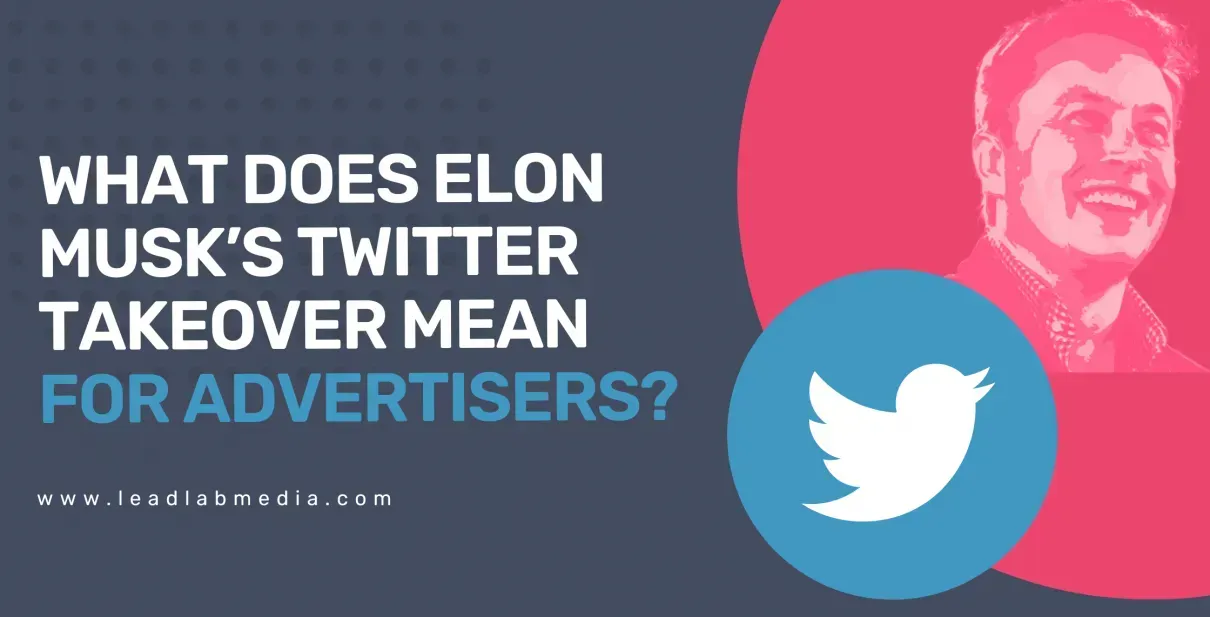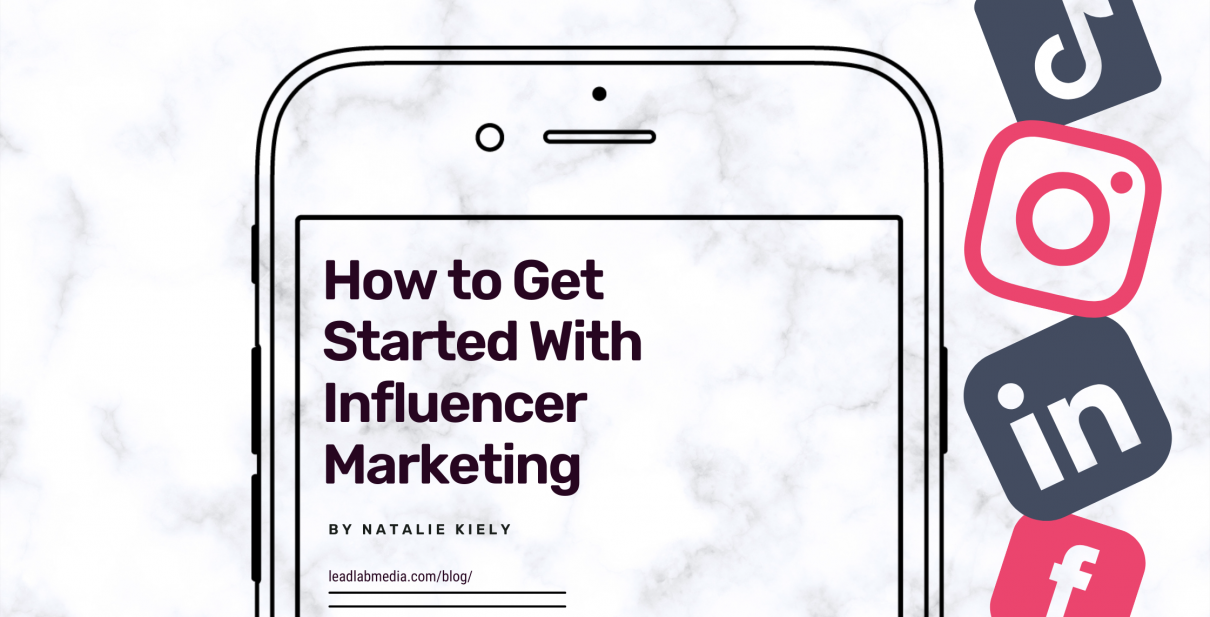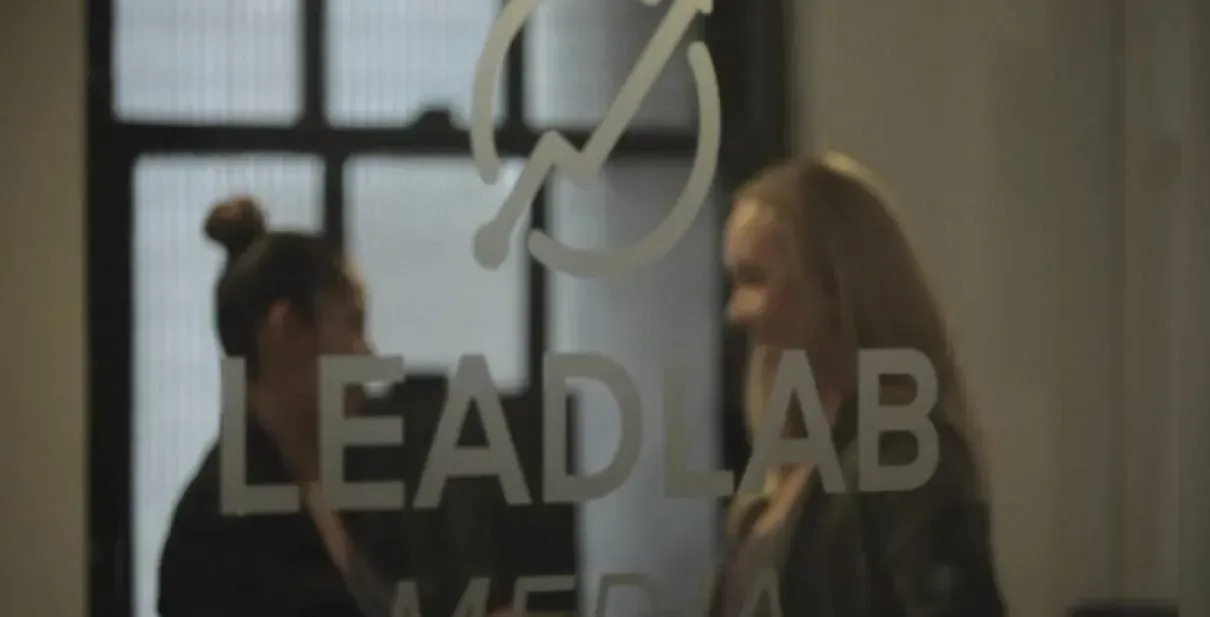Why I Don’t Need to Quiet Quit LeadLab Media
This is a subtitle for your new post

How LeadLab Media is Equipped for the New Age of Work-Life Balance
“Quiet quitting” has become a viral buzz phrase due to discussion and discourse on TikTok, but it doesn’t actually refer to quitting. “Quiet quitting” refers to completing the tasks assigned to you and abandoning the idea of going “above and beyond” at work. Quiet quitters close the laptop at 5 pm, don’t work overtime, and attempt to detach ego from productivity. Although some argue that “quiet quitting” results from employees feeling unsatisfied or burnt out, many claim it to be a stride towards a healthier work-life balance. These principles of a balanced working environment are what LeadLab Media was founded on.
The polling company Gallup found that around half of U.S. employees fit the definition of “quiet quitting” as of September 2022. Recent data from Statista found that 82% of Americans believe employees should go above and beyond at their jobs, while only 50% of respondents 18-29 agree. Furthermore, 65% of 18-29-year-olds believe employees should do just what they’re paid to, nothing more and nothing less.
Companies who take a combative approach to the rise of “quiet quitting” via surveillance, increased tasks, or pay cuts may face further challenges regarding keeping employees feeling empowered, heard, and free to set boundaries relating to their work-life balance. Companies, like LeadLab Media, who acknowledge that the pandemic has caused many to realize the importance of spending time with friends and family, finding and developing hobbies, and relaxing without being plugged in, have helped their employees in their journey towards a holistic lifestyle.
Whether this trend is because of changing priorities that resulted from the pandemic, generational differences between Gen Z and older generations, or outdated management practices, agencies and organizations can take action to ensure their employees remain engaged while preserving a balanced life. As a recent college graduate with lots of interests and desires outside of work, finding a company that already has systems in place that combat factors that contribute to “quiet quitting” was important to me.
One position is that “quiet quitting” is because of poor management, but there are actions that can help ensure healthy management practices. Managers should have at least one weekly 15-30 minute meaningful conversation with their employees. At LeadLab Media, we ensure our meetings are concise and efficient, and I meet with my manager at least once a week to discuss tasks or have our bi-weekly one-on-one meeting. Amidst these streamlined meetings, LeadLab Media ensures employees have designated spaces for non-work related discussion and sharing without disrupting desired out-of-work time. We have weekly meetings, from Lunch and Learns, to Team Lunches and Happy Hours to keep the synergy flowing without it becoming a burden to productivity.
Another effective tactic to keep employees engaged, especially Gen Z and millennial employees, is to provide opportunities to explore their interests, demonstrate their strengths, and contribute to the company’s future. LeadLab Media organizes company committees and encourages us to acquire certifications in topics that interest us. Even as a junior employee in my first couple months at the company, I’ve become involved in major company decisions, like marketing and new business efforts. These opportunities have empowered me as a new employee and have allowed my integration with the company’s larger purpose.
One final and crucial way to ensure team members feel autonomous yet engaged is by involving them in process improvement discussions and developing an environment where everyone feels free to express concerns, challenges, and suggestions. At LeadLab, I feel free to express concerns and provide feedback on internal process enhancements through weekly process chats with account leads. This open environment has succeeded in counteracting any feelings of idleness or disengagement.
In this age of The Great Resignation, a movement where the masses are unendingly searching for autonomy and meaning, it can be difficult for agencies and organizations to maintain a certain level of engagement among their workforce. By recognizing this societal change and implementing some of these tactics before they were necessary, LeadLab Media has created a healthy workplace that supports more balanced lives for its constituents. In this New Age, LeadLab Media has achieved a culture where employees like me are inspired to contribute to their organization’s growth while simultaneously focusing on the upward trajectory of their lives.









